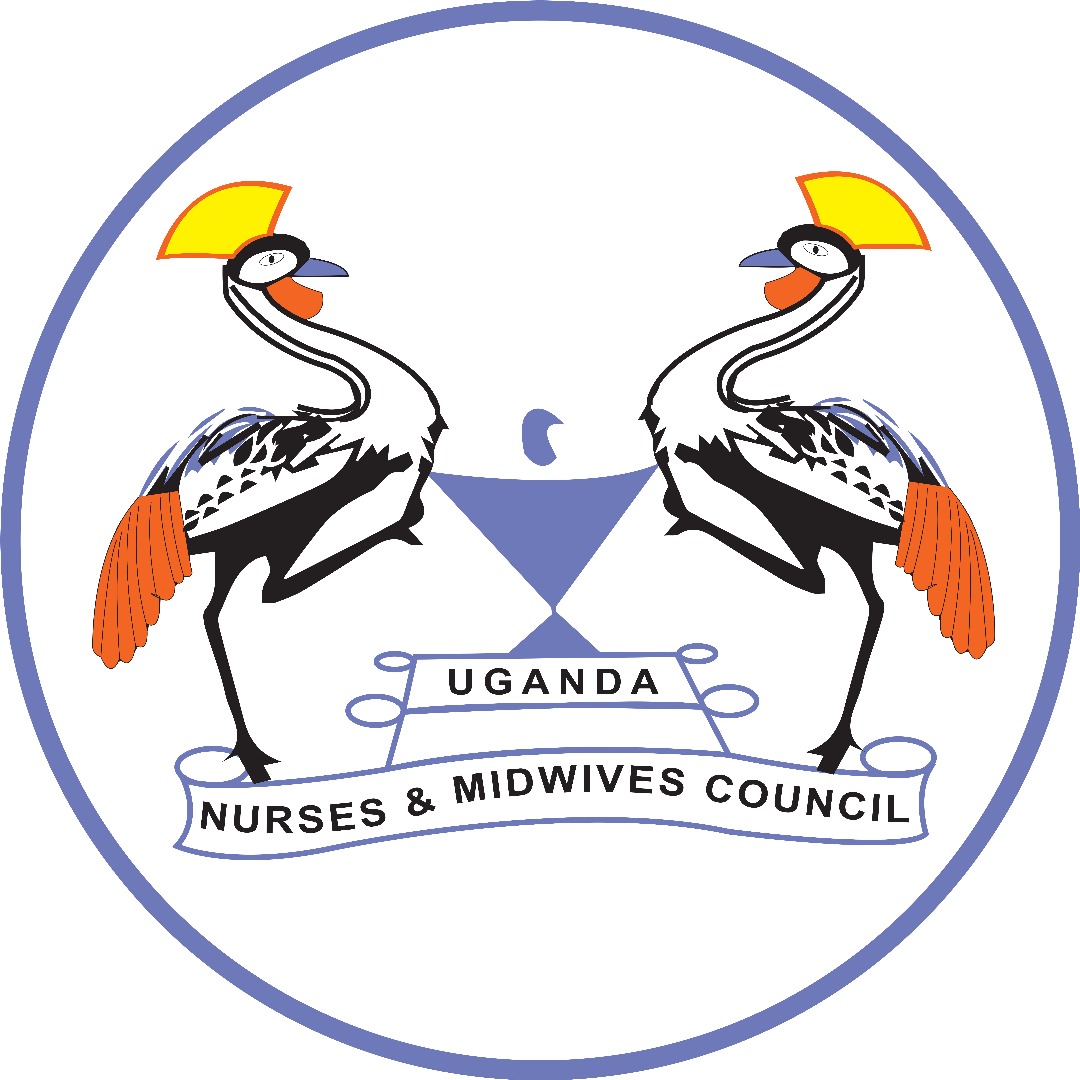Professional code of conduct and ethics
Obligations of professional nurses and midwives
Nurses and midwives are obliged by the Nurses and Midwives Act of 1996, section 24 to:
- Promote health and wellness
- Prevent illness
- Restore health
- Alleviate suffering
Obligation of promotion of health and wellness
It is the nurses and midwives’ duty to:
- Maintain the standard of care and work in a setting that enhance safety and quality care
- Promote health through positive health practices like no smoking, personal and communal hygiene and stress management
Obligation to prevent illness
It is the nurses and midwives’ duty to:
- Promote good health habits and maintain the individual’s best possible functioning
- Ensure that his/her clients receive sufficient information and care
Obligation to restore health
In restoration of health, the nurse or midwife executes:
- Rehabilitate
- Care
Obligation to alleviate suffering
A nurse or midwife shall provide care to both clients and families during terminal illness in hospitals
- Palliation
- End of life care
Professional Conduct during obligation
As nurses or midwives, you are accountable to:
- People we serve
- Practice
- Profession
- Co – workers
Professional conduct towards people
The nurse or midwife’s primary professional responsibility is to care for the people
- Hold health, safety and interest of the patient/client first
- Respect of each patient at all times and in all circumstances
- Respect of human rights, values, customs and spiritual beliefs of individuals, family and community
- Provide relevant, clear, accurate information
- Work in an open and cooperative manner
- Recognize and respect the uniqueness and dignity of each patient/client
- Confidentiality
- Avoid abuse of his/her privileged relationship with patients/clients and the privileged access allowed to their person, property, residence or workplace
- Ensure no action or omission on his/her part or within his or her sphere of responsibility
Professional conduct towards practice
- Keep abreast of professional knowledge in order to maintain a high standard of professional competence
- Maintain a standard of personal health so as to be able to provide care
- Use judgment regarding individual competence before accepting and delegating responsibility
- Maintain standards of personal conduct
- Ensure that the use of technology and scientific advances meet the safety, dignity and rights of people
- Acknowledge limitations in his/her knowledge and competence and decline any duties and responsibilities unless able to perform them in a safe and skilled manner
Professional conduct towards practice
- Report any circumstances in the environment of care which could jeopardize standards of practice to an appropriate person or authority
- Report any circumstances in which safe and appropriate care for patients/clients can not be provided to an appropriate person or authority
- Report any circumstances in which the health and safety of the colleagues is at risk to an appropriate person or authority
- Maintain an up to-date status with the Council’s requirements e.g renewals
Professional conduct towards the profession
- Play a leading role in determination and implementation of acceptable standards of clinical practice, management, research, and education
- Participate in creation and maintenance of safe, equitable social and economic working conditions while acting through professional associations
- Work in a collaborative manner with health care professionals and others involved in patient care, and recognize their contributions
- Assist professional colleagues to develop professional competence
- Ensure that your registration status is not used to promote commercial products or services
- Avoid performing duties under the influence of alcohol
- Avoid engagement in activities that bring discredit to the profession or to the delivery of health services
- Avoid support or being associated with unscientific practices that do not contribute to health care
Professional conduct towards co-workers
- Cooperate with his/her professional colleagues and others from other fields
- Recognize and respect each other’s expertise in the interest of providing the best possible holistic care
- Take appropriate action to safeguard individuals, families and communities when their health is endangered by a co-worker or any other person
